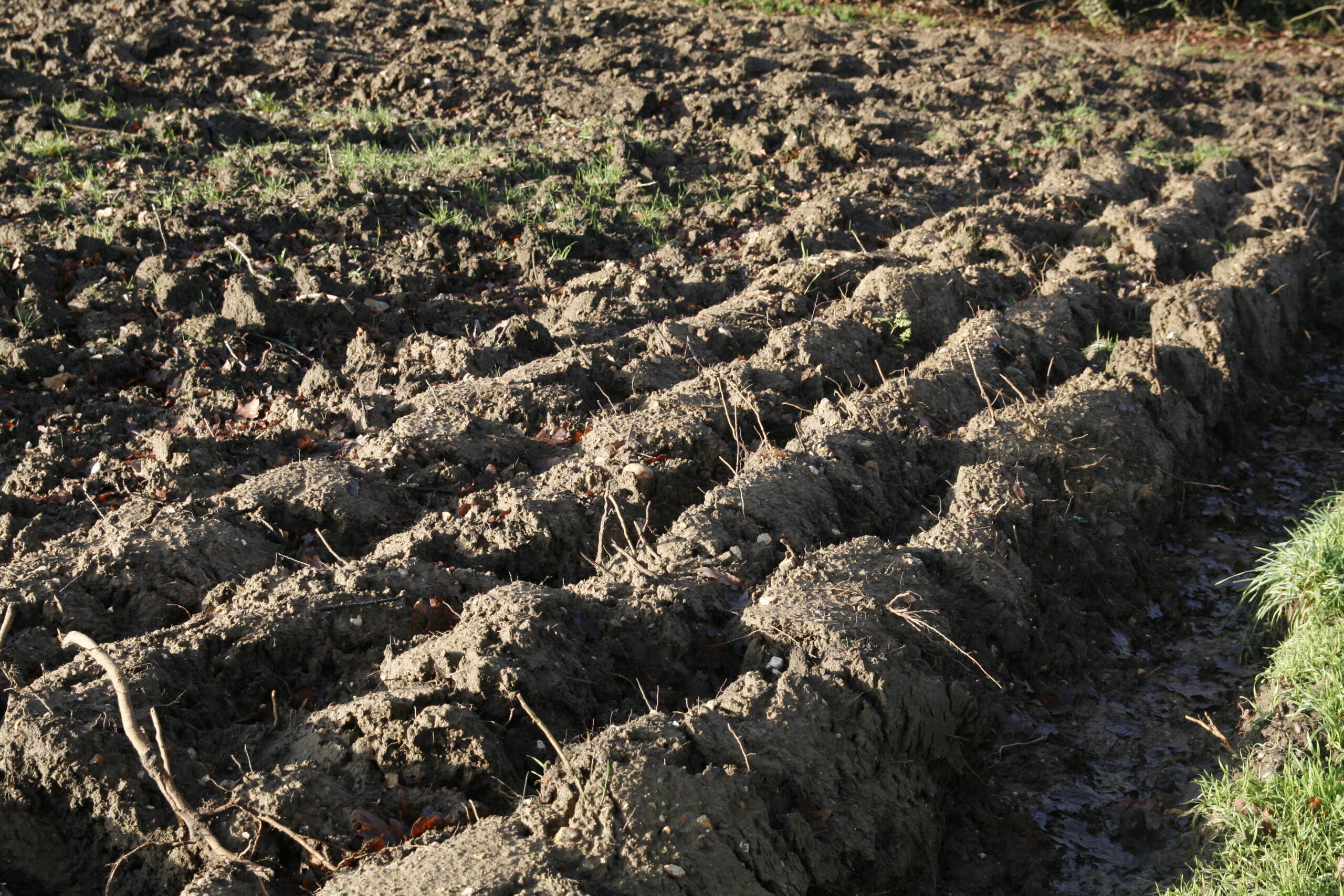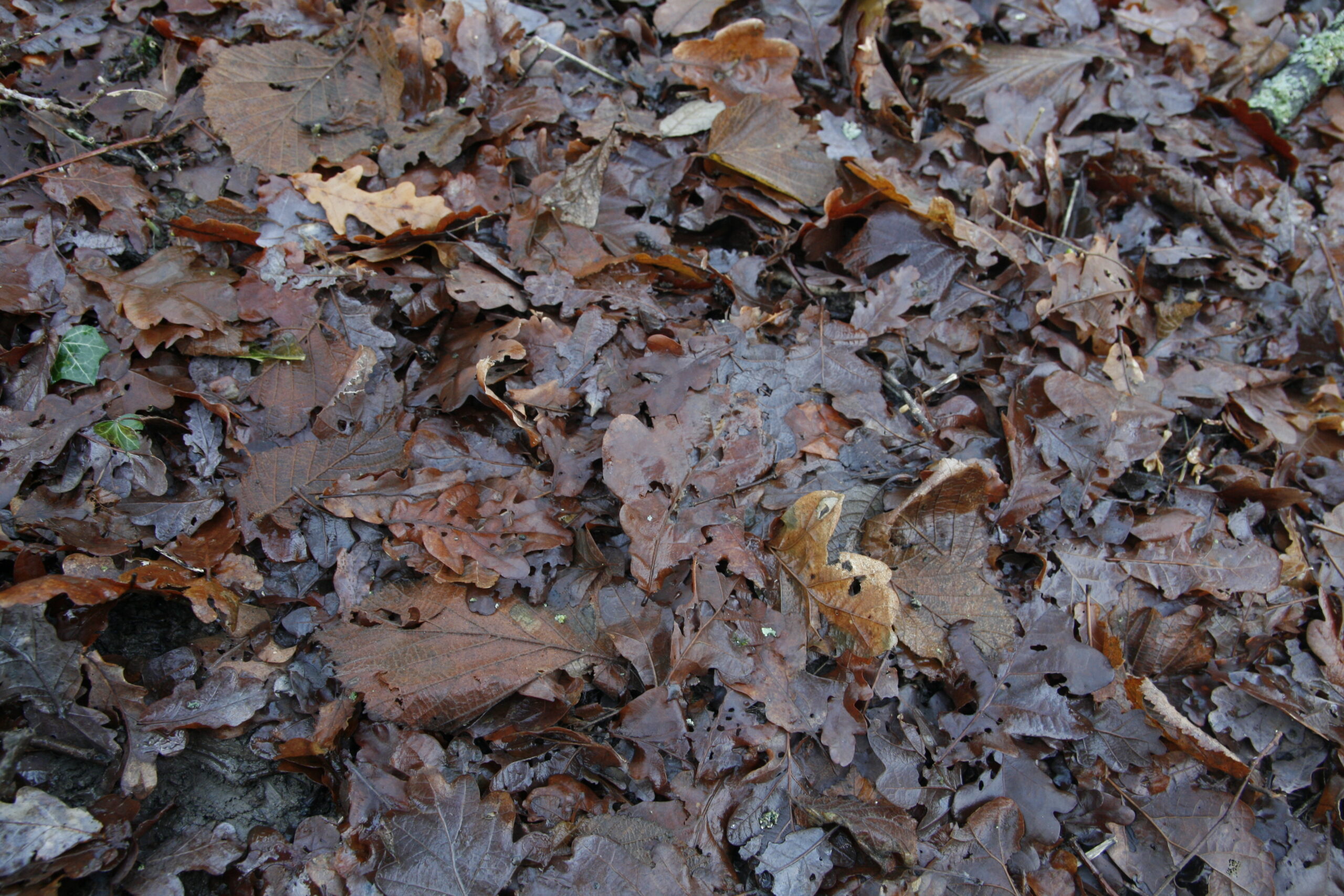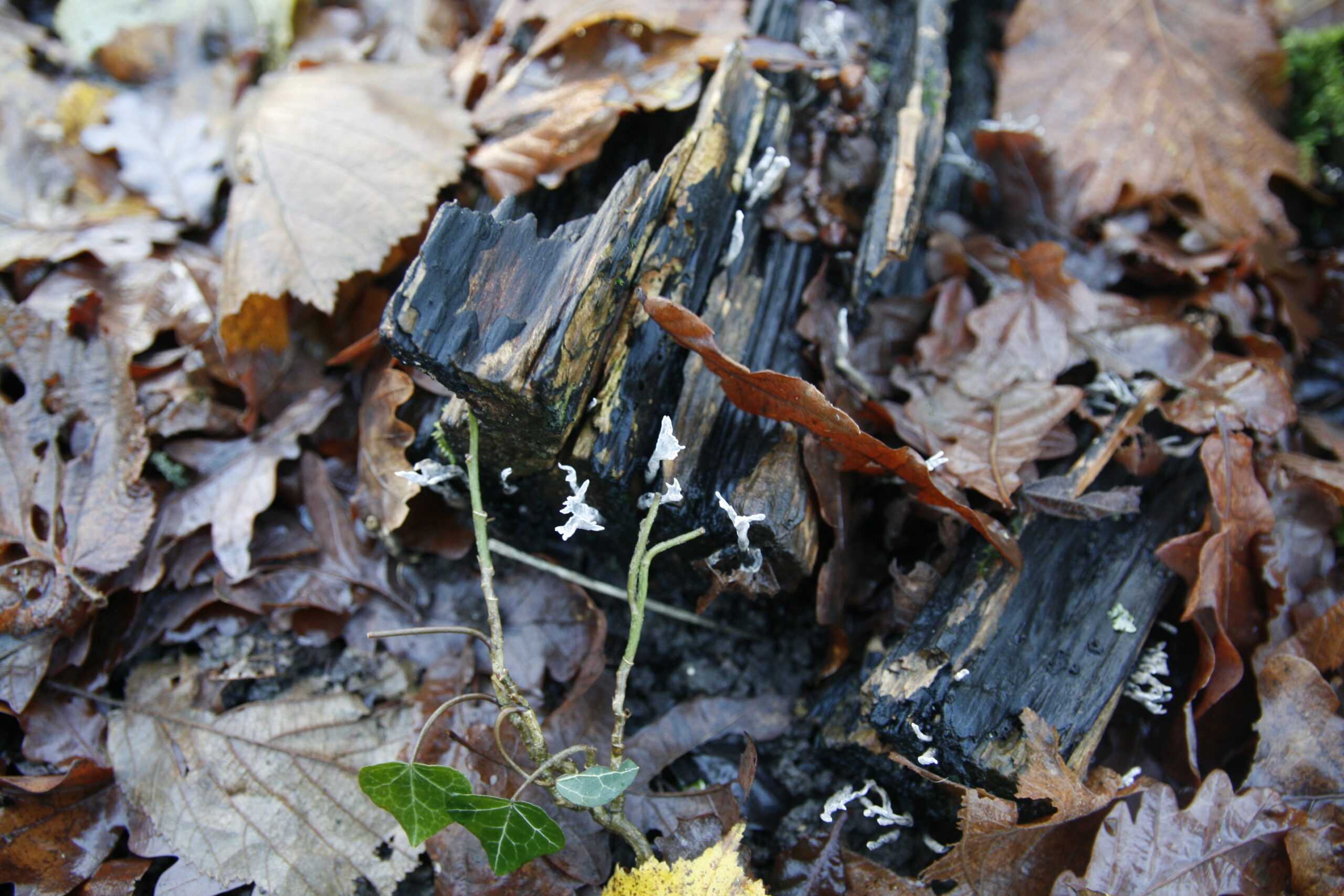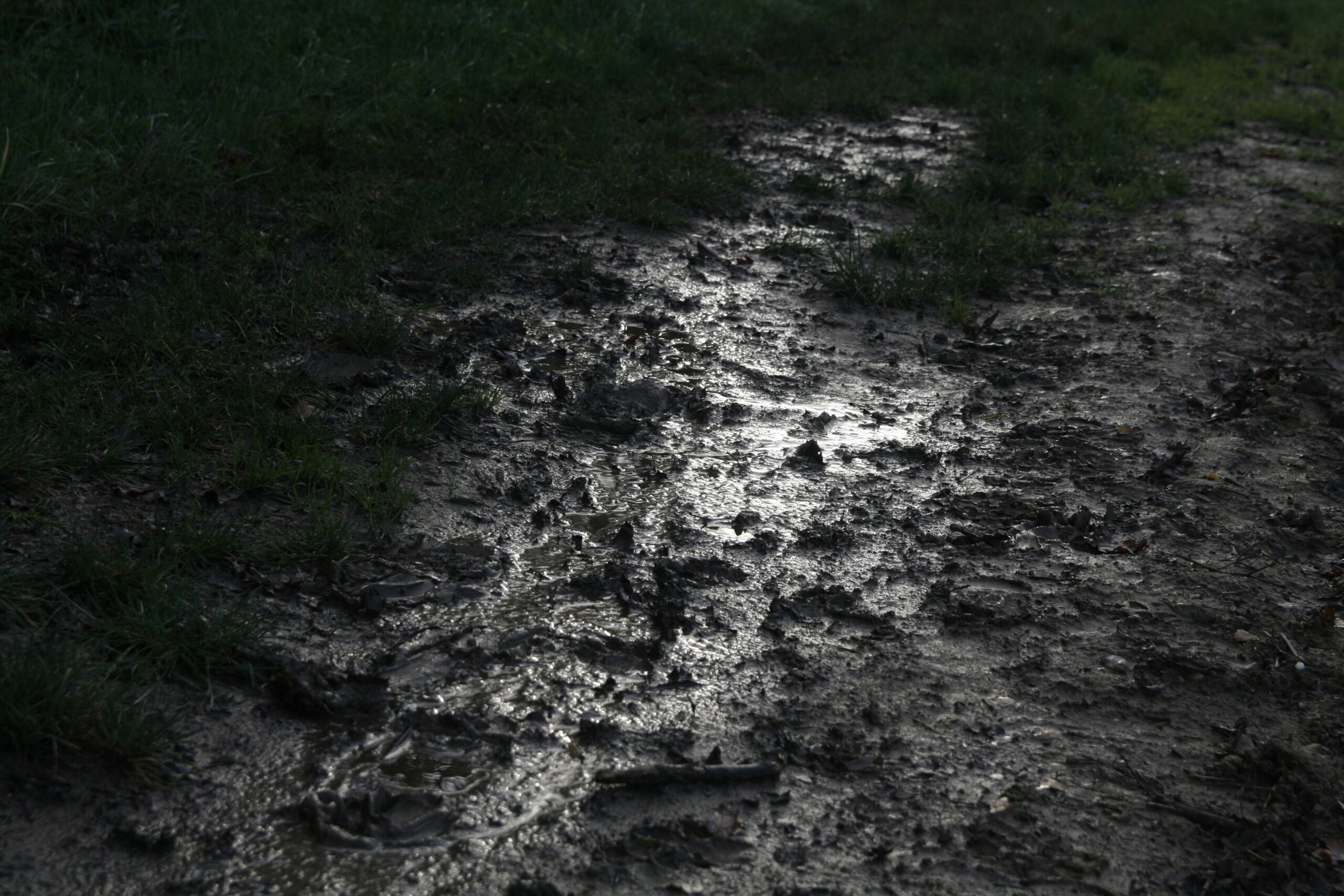I’d planned to do my favourite local walk on Christmas Day: up on to what passes in Suffolk for high ground, with views all around of the arable fields, big skies, and a winding track down to a picturesque farm where modern steel sheds squat next to ancient black-timbered barns, the past and present butting up against one another in a way that feels oddly important just now. A thread to hold on to, as things change.
But I’d reckoned without yesterday’s floods, which haven’t subsided yet. Only ten minutes from my door the water was high enough to prompt a change of plan: it was stiller than yesterday, but as it deepened towards the usual course of the river it was powerful and fast-flowing. There was nothing for it but to turn around and choose another route.
Across the fields and up a gentle rise into the woods, where the leaf litter was rich and wet and dark, turning to soil almost before my eyes. Everything felt still, like the cold end-point of the year, but push the leaves aside and there was life: the irrepressible intentions of ivy, the blanched shoots of next year’s dogs’ mercury and the finest filaments of fungi turning the endmatter of a shit year into fresh and hopeful new life.
Up on the fields the earth was rich and brown, turned by the plough to rain-softened furrows that gleamed in the weak winter sun. As Scout trotted on ahead, alert for pheasants and rabbits and anything that a cold, bright Christmas day might throw at us, my boots slipped and clicked in the wet, sucking mud of the village-trodden path.
The sky darkened, and we turned for home – but unlike yesterday, the rain didn’t come. As I write – the beef in the oven, Christmas jazz playing, the fire lit early – the brown fields lie open to the cold winter sun, such as it is; and as dusk falls the roe deer, hares, muntjac, badgers, fallow deer, foxes, rabbits and red deer alike will all leave their tell-tale prints in the wet and impressionable clay.




